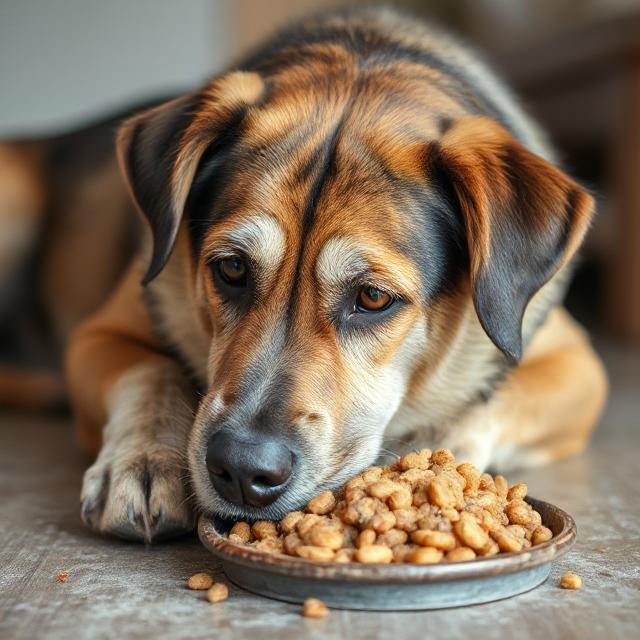Labrador Retrievers: The Comprehensive Handbook for Their Care, Training, and Diet.
Labrador Retrievers are be loved worldwide, thanks to their amiable nature, intelligence, and deep loyalty. Proper care, including training and nutrition, is crucial for every owner, regardless of expertise, to ensure their Labrador lives a joyful and healthy life. This guide offers thorough details about Labrador Retrievers, covering aspects such as their personality traits, feeding guidelines, and training needs.

The Labrador Retriever displays three main traits through its affectionate behavior alongside its energetic drive and its marked social nature. Their friendly and social nature allows them to succeed in homes with families while getting along with both children and other household pets because they possess a gentle personality. Their exceptional intellectual abilities make Labradors suitable for various important dog roles such as service work alongside therapy support and search-and-rescue assistance.
Key Traits of Labrador Retrievers:
- Friendly and outgoing
- Intelligent and eager to please
- Energetic and playful
- Highly trainable Excellent with families and other pets
- Labrador Retriever Care Guide
- Extremely sociable dogs
Grooming Needs
During the entire year they shed their short dense coat although shedding becomes more intense in season transitions. The practice of regular grooming protects their coat from health problems and minimizes the amount of hair they shed.
Grooming Tips:
- Regular brushing requires a de-shedding tool which owners should use at least twice per week.
- They should limit their bathtub time to essential needs thus protecting their skin from dehydration.
- Regular cleaning of ears will help avoid infections
- Nails require trimming every few weeks to prevent extreme length.
- Regular teeth brushing maintains good oral health along with good hygiene practices.
3. Training Tips for Labrador Retrievers
Labradors exhibit excellent trainability because they possess both high intelligence and strong desire to satisfy their handlers.

Socialization in early stages combined with continuous training develops a well-behaved dog.
House Training The training process for housebreaking should begin right at puppyhood.
Use a consistent potty schedule Positive actions should lead to receiving rewards through treats combined with praise.
Basic Obedience Training You should introduce your Labrador to fundamental directives such as sitting while keeping them in position and making them come and learning the down command.
Positive reinforcement should include giving your dog treats and delivering praise combined with offering playtime sessions.
Brief and amusement-filled training tutorials should remain within 10-15 minutes.
Socialization You need to expose your Labrador to meet different people along with pets and new surroundings. The dog parks together with pet-friendly locations make great destinations for your Labrador
Best Nutrition for Labrador Retrievers
The well-being of a Labrador depends heavily on receiving appropriate nutritional provisions that preserve their health and energy levels. Because Labrador Retrievers have a tendency to overeat they need strict portion control for their dietary intake.
- What to Feed Your Labrador High-quality dog food with protein as the main ingredient
- Balanced mix of proteins, healthy fats, and carbohydrates
- Foods rich in omega-3 fatty acids for coat health
- Fresh vegetables and fruits as occasional treats
- Foods to Avoid
- Chocolate, caffeine, and alcohol
- Onions, garlic, and grapes (toxic to dogs)
- Excessive human food, especially fatty or spicy items
- Artificial additives and fillers
- Feeding Schedule
- Puppies (8 weeks – 6 months): 3-4 small meals per day
- Adults (6+ months): 2 balanced meals per day
- Measure food portions to stop obesity development in dogs
Conclusion:
The cuddly Labrador Retriever presents a combination of smartness and loveable nature together with high energy levels as an ideal family pet. A combination of correct care combined with training along with a nutritious diet ensures that your Labrador will lead a content and rewarding existence. The guide serves dog owners of all ages by leading them to fulfill their needs and build strong bonds with their Labrador Retrievers.





Post Comment